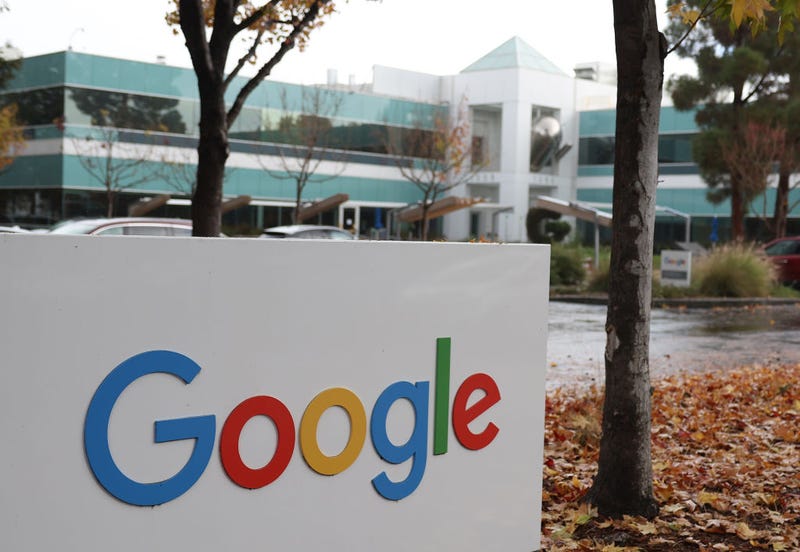
With a $700 million settlement agreement announced Tuesday, consumers are set to receive hundreds of millions in restitution and changes are coming to Google’s Play Store.
Michigan Attorney General Dana Nessel announced that the settlement has been reached in an antitrust lawsuit filed in 2021 against Google by a bipartisan group of 53 attorneys general. In the suit, the attorneys general claimed that Google’s conduct with its Play Store (where users can download apps) is anticompetitive.
“Anticompetitive practices stifle innovation and business growth, and ultimately harm consumers in a consolidated marketplace where one massive company holds all the power,” said Nessel. “Google has agreed to $630 million in restitution, and eligible affected consumers do not need to take any action, they will receive their damages automatically.”
According to a press release, the suit specifically claimed that Google signed anticompetitive contracts to prevent other app stores from being preloaded on Android devices. It also claimed that they paid off developers who might have launched rival app stores and created barriers that prevented consumers from directly downloading apps to their devices.
Now, Google is required to make changes that will allow users to pay through in-app billing rather than the pay store, allow developers to offer cheaper prices and more. May of the new requirements will be in place for at least five years.
Google was also ordered to pay $630 million in restitution, minus costs and fees, to consumers who made purchases on the Google Play Store between August 2016 and this September and were harmed by Google’s anticompetitive practices. It will pay states $70 million.
“Consumers eligible for restitution do not have to submit a claim – they will receive automatic payments through PayPal or Venmo, or they can elect to receive a check or ACH transfer. More details about that process will be forthcoming,” said the press release form Nessel’s office.
This lawsuit isn’t the only one Google has faced over the Play Store matter. Another from Match ended with a separate settlement agreement and one from Epic Games went to trial.
“A jury unanimously found that Google’s anticompetitive conduct violated the federal antitrust laws early last week,” Nessel’s office said.
Epic, which makes the popular game “Fortnite” said the verdict was a “win for all app developers and consumers around the world,” and that it “proves that Google’s app store practices are illegal and they abuse their monopoly to extract exorbitant fees, stifle competition and reduce innovation.”
